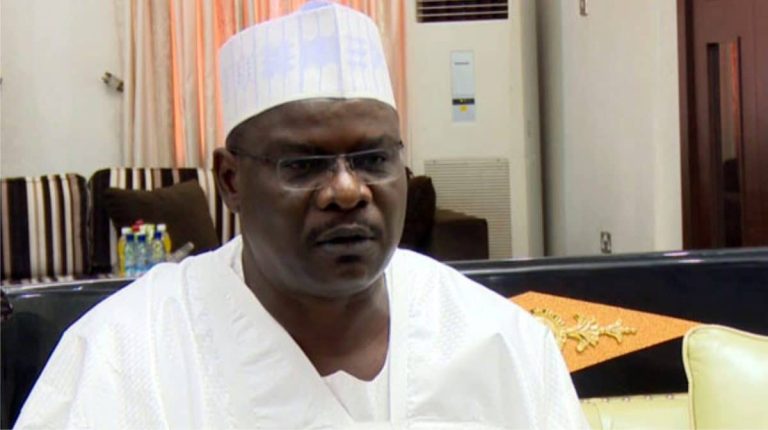Borno South senator Ali Ndume has called for the reversal of the hike in electricity tariff.
Ndume, who spoke in a statement made available to Arogidigba Global Journal in Abuja on Saturday, said the timing of the hike is not right as Nigerians are yet to recover from the removal of fuel subsidy.
The Federal Government, through the Nigerian Electricity Regulatory Commission (NERC), recently approved a 300 per cent tariff increment for Band A consumers, allowing power distribution companies to raise electricity prices for city dwellers from N68 to N225 per kilowatt-hour with effect from April 1, 2024.
Ndume condemned the move and called on the Federal Government to reconsider its position in the interest of Nigerians.
He said Nigerians are facing many challenges, including unprecedented inflation, poor purchasing power, insecurity and other forms of hardship.
The senator said, “The news of the increment came to me and many of my colleagues as a shock. It also came at a time when the National Assembly was on a break. Personally, I think the timing of this hike is very wrong. Nigerians are grappling with many challenges.
“To put this fresh responsibility on them is very unfair. Nigerians are yet to recover from the fuel subsidy removal of last year. Many Nigerians are still grappling with the ripple effects that removal had on them. To now come up with this is wrong.
“I believe that the timing is wrong. There ought to have been some consultations, especially with the National Assembly as representatives of the people. We were not consulted. We saw the news like every other Nigerian.
“The inflation is still very high. The prices of food commodities, drugs, transportation, school fees, and other daily expenditures are still on the high side. To now add this new burden is unfair.
“The minimum wage has not been increased. Many state governments are yet to even pay the current minimum wage of N30,000. How do we expect the people to survive? We’ve to be very realistic and feel the pulse of the people we represent as a government.
“For me, I think the Federal Government should first of all provide stable electricity, reduce the inflation, stabilise the naira, and prices of food commodities. Then, the purchasing power of Nigerians must significantly improve before we can place a fresh responsibility on them as a government.
“The Federal Government needs to give the National Assembly the opportunity to also step in and consult because we represent the people. We feel their pulse, and we know what they’re going through right now.”
